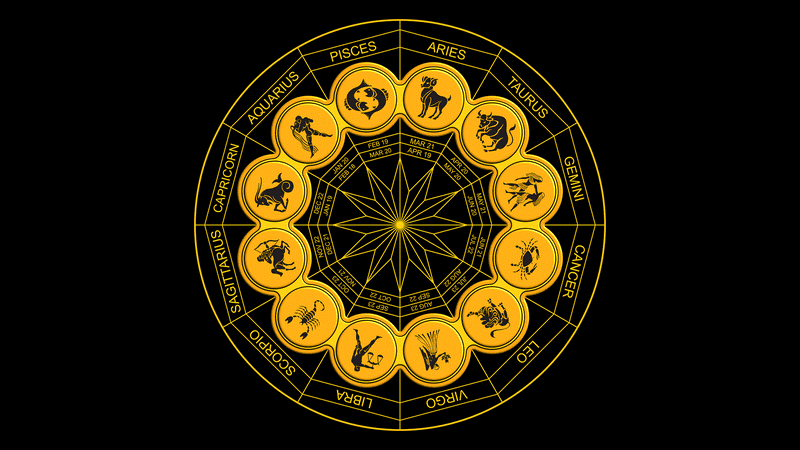The ketogenic diet, also known as “keto” or “keto eating,” involves eating a low-carbohydrate, high-fat diet. The goal is to force the body to enter a metabolic state known as ketosis. During ketosis, the body shifts from using glucose to burning fats for energy. When this happens, it creates an efficient system of weight loss.
Many people eating keto also report less brain fog, increased energy, and other benefits. However, this doesn’t mean the keto diet is perfect, and it’s certainly not perfect for everyone. What should you know before going low-carb and eating a keto diet?
What is a Keto Diet?
Keto eating is a low-carbohydrate diet. Carbohydrates, often shortened to carbs, are macronutrients found in certain foods, including grains, fruits, vegetables, and sugars. The body breaks down carbs and turns them into glucose for energy. Carbohydrates are important for everyone, but they are essential for athletes and people who require a lot of energy to function.
The keto diet reduces (or, in extreme cases, eliminates) carbohydrates, so the body is forced to turn to other energy sources. Without carbohydrates for energy, the body must turn to fat and/or protein or muscle for energy.
Some of the most common keto diet foods include:
- Fats: Olive oil, coconut oil, butter, ghee, avocado, nuts, seeds
- Proteins: Meat, poultry, fish, eggs, cheese
- Vegetables: Non-starchy vegetables like leafy greens, broccoli, cauliflower, zucchini
Benefits of Low-Carb Eating
Keto offers a variety of benefits including:
- Weight loss
- Improved mental clarity and focus
- Better blood sugar control
- Enhanced energy levels
- Avoidance of gluten, a common food allergy
Challenges of Eating Low- or No-Carb
Despite the benefits of keto, there are also drawbacks. It’s essential for people who want to try a low- or no-carb diet to do so carefully and be aware of the potential problems. One of the most common side effects of this diet is the “keto flu.” This occurs during the early stages of the transition to low-carb eating and makes you feel as if you’re actually sick with an illness.
Symptoms include headaches, fatigue, and irritability. For most people, keto flu passes in a few days to a week once the body adjusts to fewer carbs.
Other people find that low-carb eating is difficult to sustain in the long term. When health professionals recommend the keto diet to patients and clients, they often tell them to eat only this way for a specific duration. This is because this eating plan can be impractical for a long time, especially for people who enjoy eating carbs.
Additionally, in the long term, this diet can lead to nutrient deficiencies, so it’s important to monitor how you feel and ask your doctor to assess your vitamin levels. If you notice changes in your digestion, it could be because these diets can be too low in fiber. One of the best adjustments you can make long-term when it comes to this diet is to increase vegetable and fruit intake to make the diet more sustainable over time.
It’s important to monitor bad cholesterol levels when drastically reducing carbs and increasing fat intake. Many people practice “clean keto,” which tends to focus on healthy fats like avocados and olive oil. However, if someone is eating “dirty keto” foods that are high in saturated fats, it can negatively impact bad cholesterol levels.
Finally, it’s important to understand that this diet isn’t right for everyone. People with certain medical conditions, including kidney issues and diabetes, should speak to their doctors before choosing a keto diet. Additionally, pregnant or breastfeeding women, as well as athletes, might want to avoid low- or no-carb diets.
Conclusion
Some people have had great success with keto eating and intend to eat low-carb for the rest of their lives. But this doesn’t mean that low-carb diets are a miracle cure or the right diet for everyone. It’s important to assess your individual dietary needs and health before committing to a low-carb lifestyle. Before beginning the diet, make sure you know what it is, as well as what the benefits and challenges might be.
Disclaimer: The purpose of this article is to simply provide information. It does not intend to replace medical advice from a physician.










